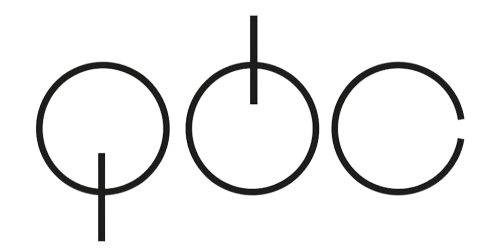Knowing these statistics, why would any of these people choose to drink again? When explaining this concept to your non-alcoholic friends, though, you may have to give them more detail so that they can understand why you simultaneously want to be sober and wish you could drink at the same time. By focusing on these positive aspects of an alcohol-free drinking again after sobriety life, individuals can remain committed to their recovery journey and experience a greater sense of overall well-being. By addressing these challenges head-on, those committed to sobriety can enjoy the many benefits of a sober life, such as improved physical and mental health, better relationships, and increased self-confidence.
By exploring these alternatives, individuals can confidently navigate social situations and maintain their commitment to a sober life. Choosing non-alcoholic alternatives can help individuals in recovery avoid the temptation of alcohol while still enjoying social occasions. Cocktails and non-alcoholic spirits are delicious and refreshing options, allowing individuals to participate in social events without compromising their sobriety. Every case and every person is different, and we want to help find a solution that will work for you. At United Recovery Project, our goal is to help our patients live their happiest, healthiest life, free from the bonds of addiction.
The 3 Stages of Relapse
By utilizing these resources and maintaining a strong support network, individuals can confidently navigate the challenges of recovery and enjoy a fulfilling, sober life. Abstinence from alcohol has been proven to be the most effective way to maintain sobriety, especially for recovering alcoholics. Seeking professional help from experts at institutions like Lantana can empower individuals to live a happy and sober life, increasing their chances for long-term recovery by offering valuable education and guidance.
Choosing to indulge in de-alcoholized drinks or mocktails may seem like a harmless alternative, but even these seemingly innocent beverages can be triggering for some. Consuming such substitutes can lead to a placebo-drunk-like sensation, ultimately increasing the likelihood of a relapse into alcohol addiction. It’s crucial to be cautious and avoid situations where one might start drinking these substitutes, as they could potentially lead to negative consequences. For a recovering alcoholic, having just one drink can be the catalyst for a full-blown relapse.
Identify personal triggers
But what happens if, after being sober, someone starts drinking again? An alcohol relapse means you go back to drinking regularly after having a period of sobriety without the use of alcohol. Depending on the severity of the alcohol use disorder, the body may repair functions damaged by alcohol quickly. Taking the time to focus on yourself and your mental health is essential for successful recovery. Exercise can help to reduce stress and anxiety, while rest can help to restore energy and focus.

If the individual with an alcohol use disorder begins to look like they did when they were drinking heavily, they may have relapsed. The individual may stop taking care of themselves, have poor personal hygiene, or have poor nutritional habits. If an individual who is sober with an AUD stops taking care of themselves, it may be a sign https://ecosoberhouse.com/article/10-major-physical-signs-of-alcoholism-to-watch-out-for/ that they have started drinking again. People in recovery from alcohol addiction are at the highest risk of relapse during the early alcoholic recovery stages, in the immediate moments after a traumatic event or during times of transition. Most people in recovery must actively take steps to avoid relapse for the rest of their lives.
Turning Back to Old Behavior Patterns
“If you’re allergic to something or have an anaphylactic reaction to something, you don’t argue with it. So I stopped arguing with it,” the Interstellar star said, clarifying that she doesn’t judge anyone who chooses to drink. “I knew deep down it wasn’t for me,” she said of drinking, adding that it was difficult to have to tell people she was completely abstaining initially. In a new interview with Vanity Fair, the Devil Wears Prada star, 41, explained why she decided to give up alcohol as part of a personal transformation that she’s had over the past five years. I also did not even anticipate the results I achieved doing this.
